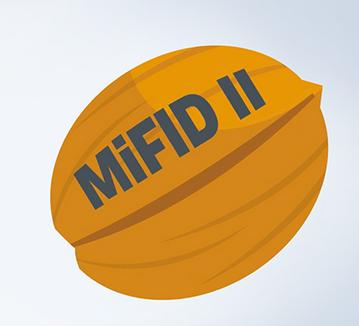MiFID II - what has changed six months on?
Chris Hamblin, Editor, London, 23 July 2018

It has now been six months since the MiFID II deadline. The findings from SIX Financial's trader survey are of particular interest for anyone who wants to evaluate progress.
There is no consensus yet amongst traders about whether the European Union's second Markets in Financial Instruments Directive can be deemed a success; 70% of surveyed traders believe that trading has "become more transparent" – whatever that means – but, paradoxically, only 26% believe that dark liquidity will shift to lit markets, highlighting the failure of a central plank of the directive.
According to the survey, reporting is the greatest concern (86%) under MiFID II, followed by transaction reporting (50%), and best execution reporting (36%). The goal of MiFID II was to allow asset managers to choose brokers according to the quality of research. Traders disagree over whether MiFID II has been successful. Traders have indicated that they are also divided about the places where dark liquidity on capped stocks will shift instead of lit markets, with a relatively even spread between:
- block Trading / LIS dark pools (31%);
- systematic Internalisers (23%); and
- periodic auctions (20%).
This variance in responses shows that traders are uncertain. Meanwhile, people who thought that legislation such as MiFID II was the biggest risk in 2018 fell to 46%, compared with 73% in 2017.
The research also revealed that an overwhelming 87% of traders believe that the higher levels of volatility that we saw in the first quarter of this year will continue. Interestingly, three-quarters of traders stated that exchange-traded funds have contributed to this rise in volatility.
Despite the optimism of some traders, there is no consensus about MiFID II being a success.
The survey also proved that traders are much happier about the prospects of growth for their industry, with nearly two-thirds (62%) expecting more growth at their companies in the future, compared with a mere 15% one year ago.












